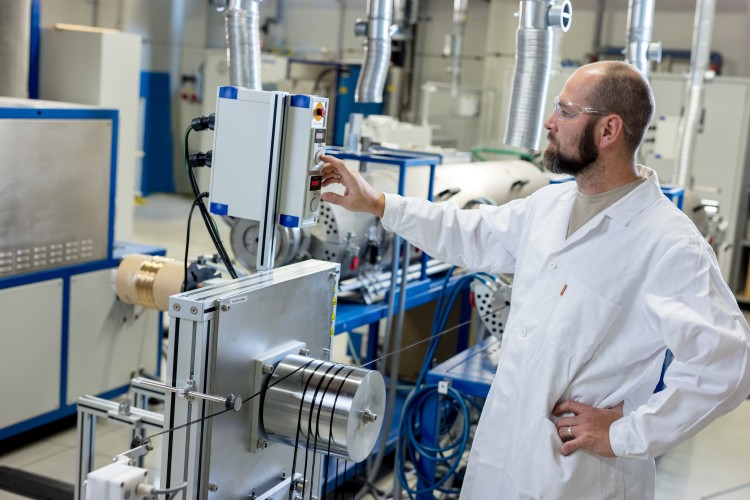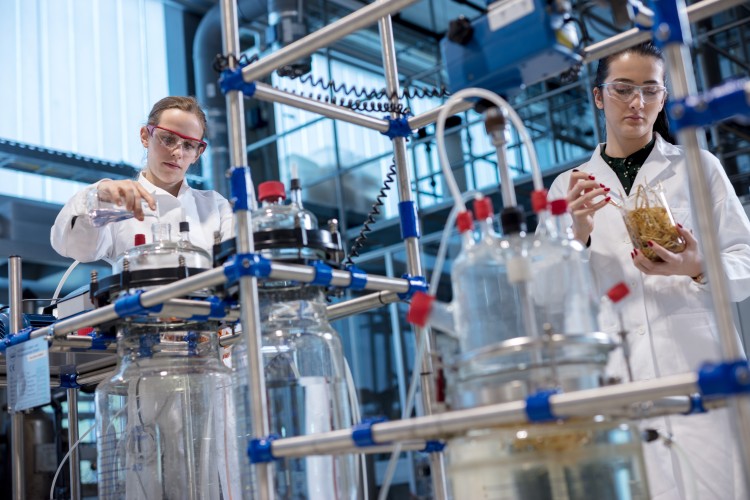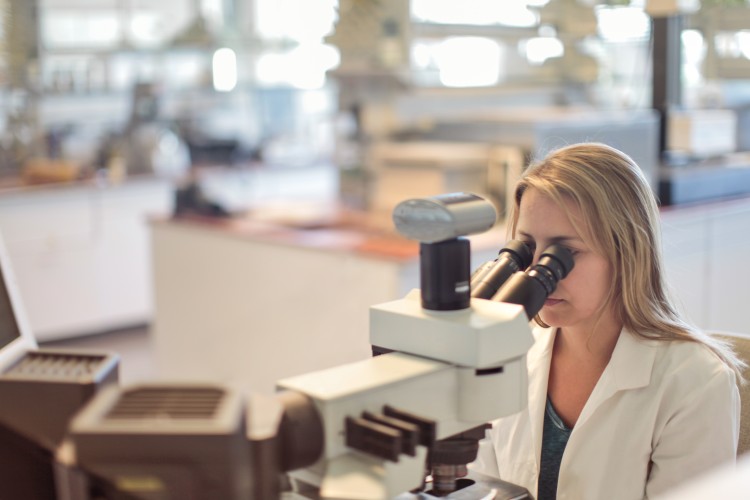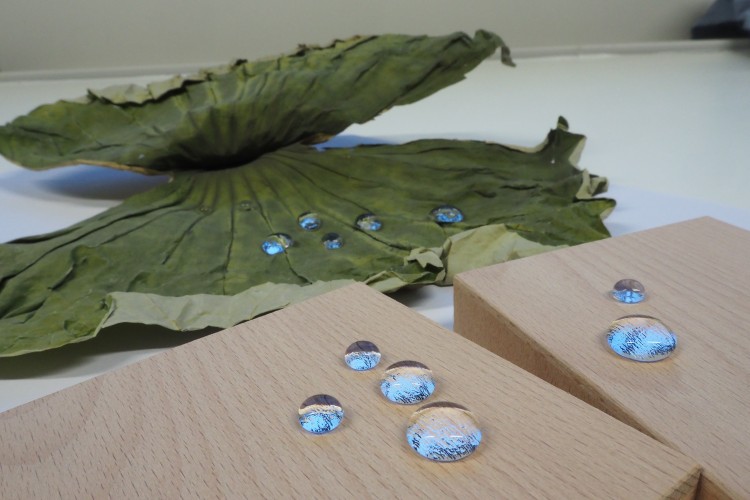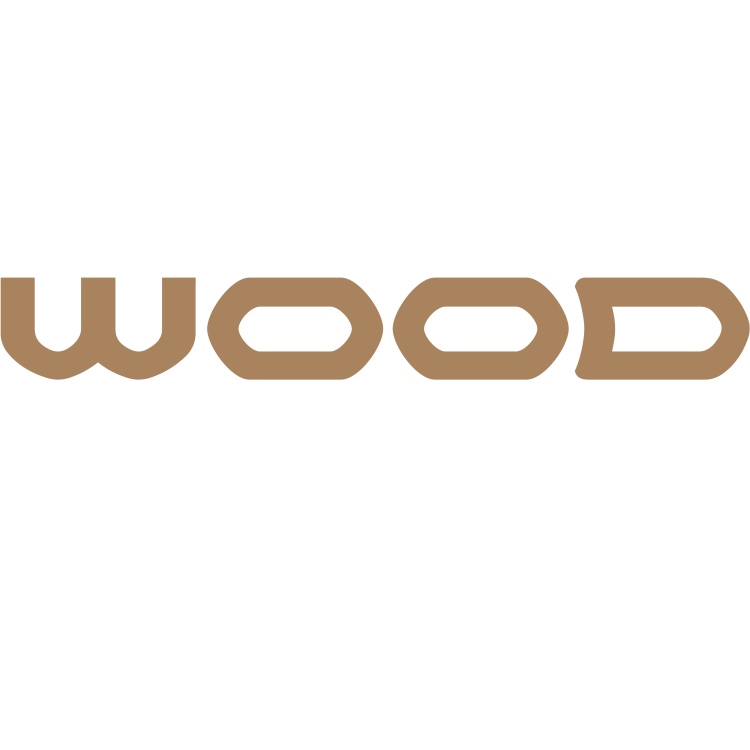
Wood K plus
Wood K plus - Kompetenzzentrum Holz GmbH
We are a leading research organisation in the area wood and wood-related renewable resources in Europe. Our core competences are materials research and process technology along the complete value chain – from raw material to finished products. We develop methods and basics and perform applied research on the economy-science interface, in order to enable resource-efficient management in the circular bioeconomy.
Altenberger Straße 69
Linz
4040
Austria
48.337493
14.322788
Boris Hultsch
CEO
+43 732 2468 - 6751
b.hultsch@wood-kplus.at
www.wood-kplus.at
Services
In short to long-term research projects and programmes the experts of Wood K plus search for innovative solutions for companies, with scientific partners providing their know-how and many years of experience.
Within the framework of service agreement tests, feasibility studies, expert reports and business consultancy are provided.
Wood K plus also acts as project manager from project definition, preparation of applications for projects, integration of partners over processing to clearing and communication with sponsors.
Equipment / infrastructure
Wood K plus has a comprehensive laboratory and technical-center infrastructure. Our labs and pilot plant stations are equipped with devices for biomass digestion, separation, conversion and purification of biorefinery products. Regarding biocomposites we are running extrusion, compounding, injection moulding, melt spinning, 3D FLM printing, 3D scanning, hot press, high temperature equipment for carbon materials (porous structures, bio-based CF), powder spray coating, plasma coating, desintegration technologies, wood drying and mosification.
In addition we have comprehensive characterization and test equipment (mechanical, optical, thermal, physical, odeur so.) for our conducted research activities. Through our intensive co-operation with universities and company partners we have also the possibility to use their infrastructure.
Best practices / case studies of cooperation
The future scientific and technological challenges lie (1) in a more comprehensive and holistic, cascadic use of biomass, (2) in increasing the functionality and performance level of materials from renewables, and (3) in new processing and (circular) production technologies.
Within the research program proposed for “WOOD: next generation materials and processes – from fundamentals to implementation“, these challenges will be addressed focussing on the topics:
- bio-based fibre-reinforced composites
- lignocellulose biorefinery
- new bio-based materials
- understanding and controlling processes
- surfaces and interfaces
- integrated innovation research
COMET Module i³Sense (FFG)
The aim of i³Sense is to unlock the full potential of sustainable composites in a wide range of applications and offer safe alternatives to traditional high carbon footprint systems with intelligent, integrated and impregnated cellulose based sensors.
BioCarb-K - Biobased Carbon Materials and Ceramics
Wood K plus conducted research on biobased carbon materials within a 6-year fundamental project. Research was carried out on bio-based carbon fibers, activated carbons, shaped carbon bodies and new methods for modification and characterisation.
(co-funded by ERDF and the Province of Upper Austria under the IWB2014-2020 programme)
SUSBIND (BBI JU)
The SUSBIND consortium develops, produces and tests bio-based binders as an alternative to formaldehyde binders to substitute fossil-based chemicals with those from renewable resources. Surplus feedstock sourced from existing European biorefineries will be used for the production of binders and intermediates. SUSBIND aims at producing and validating these bio-based binders with leading wood board manufacturers for two product types: P2 particle board and medium density fibreboard.
Natural3D (FFG/Shanghai)
The goal was to realize true 3D printing with high-strength reinforced materials and to develop continuous natural fibre reinforced 3D printing filaments and also filaments with nano-scaled cellulosic nano crystals (CNC) and/or carbonized biobased nanofillers as reinforcement, as well as to establish a new 5/6 axis 3D printing method for load path oriented fibre placement on freeform surfaces (FFF- and robot arm-based).

